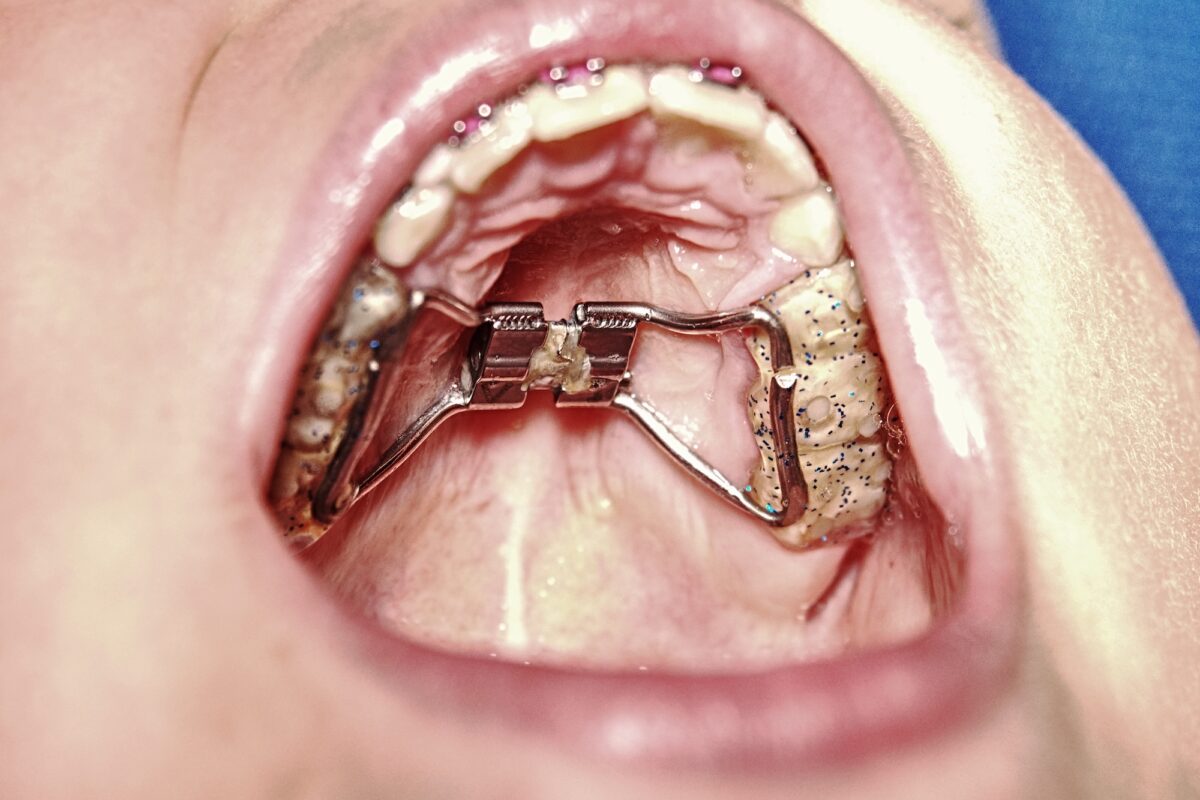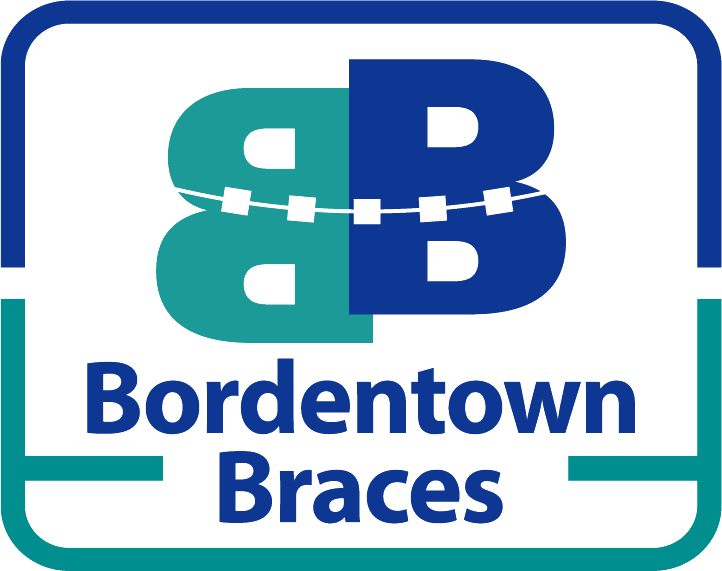
How to Understand Crossbite and its Treatment
The idea of a crossbite might be new to you, you may have never even heard of it. Or you might be aware that it exists but not sure what it exactly is. But the truth is that millions of people have a crossbite and many of them want them resolved.
Knowing what a crossbite is is the first step to resolving one. This is definitely true for young oral health patients. Families would love to take care of all dental issues with their children in their early years before they become teenagers and young adults.
Understanding the concept of a crossbite and also knowing the multiple treatment plans involves delving deep into this common dental issue that affects a patient’s bite and jaw.
In essence, a crossbite occurs when some upper teeth sit inside the lower teeth when the jaws are closed. This misalignment can involve a single tooth, multiple teeth, or the entire dental arch. To really have a great comprehension of a crossbite and how to solve it, you need to dig a bit deeper and do some research.
Types of Crossbite
Believe it or not, there are actually multiple types of crossbites that exist, and all of which pose their own problems…and have their own solutions.
Anterior Crossbite: This occurs when the front teeth in the upper jaw sit behind the front teeth in the lower jaw. It’s perhaps the most common type of crossbite that exists.
Posterior Crossbite: With this type of crossbite, the back teeth in the upper jaw are positioned inside the lower teeth when the jaw is closed.
Single-Tooth Crossbite: When it comes to a single-tooth crossbite, just one tooth may be affected as you would imagine. This causes that tooth to be misaligned with the opposite tooth in the opposing jaw.
It’s a very obvious cosmetic issue that can be easily resolved by the right dental or orthodontic team, via teeth expanders, a palatal expander, or a palate expander.
Causes of Crossbite
If you want to avoid a crossbite, especially in your children, you need to know the most common ways to create one. This will help you create the changes needed to stop a crossbite before it even becomes an issue. The truth is that several factors contribute to the development of crossbite:
Sometimes, it’s just genetics that lead to a crossbite. That is because inherited jaw structure or tooth positioning can lead to crossbite. Additionally, prolonged habits like thumb sucking can alter the growth of the jaws and teeth, resulting in crossbite.
The early loss of teeth in a baby can be the culprit too. Premature loss of baby teeth can impact the alignment of permanent teeth, leading to crossbite. Or, insufficient space for teeth growth can cause them to become misaligned.
Diagnosing Crossbite
Even from an early age, diagnosing a crossbite is obviously crucial. A proper diagnosis involves a comprehensive dental examination by a qualified orthodontist. It sometimes takes a little bit or work and might require multiple trips to the office.
During the visit, the orthodontist is going to inspect the bite, teeth alignment, and jaw. Following that, radiographic images will also help by evaluating the positioning of the patient’s teeth and their relationship to the jaws. Finally, the doctor will likely then create models or digital scans of the teeth aids in planning treatment. From there, they will craft the proper treatment plan to address and fix the crossbite.
Effects of Untreated Crossbite
What happens if a crossbite isn’t fixed? Addressing crossbite is beyond important because leaving it untreated can lead to several complications. Firstly, a crossbite can cause wear and tear on teeth, leading to chipping or fracturing. Plus, misaligned teeth can expose the gums to increased pressure, potentially causing gum recession and periodontal problems.
Finally and perhaps most importantly, a crossbite may result in crooked jaw growth, which will end up accompanied by functional issues like difficulty with chewing or even speaking.
The good news is that there are many treatment plans to correct a crossbite, even at a young age.
Braces: Traditional braces can effectively align teeth which will of course correct most crossbites over time. As you can imagine, this is the most common procedure to address a crossbite.
Palatal Expanders: As mentioned before, these devices are used to widen the upper jaw, creating more space for teeth and addressing narrow dental arches.
Invisalign or Clear Aligners: These clear, removable aligners have become more popular over the years and can be an option for mild to moderate cases of crossbite.
In certain more severe cases, surgery might end up being necessary to reposition the jaws correctly. This sort of surgical intervention is typically also used with more orthodontic treatment too but that will all depend on what your doctor decides.
In order to find out if you or your child has a crossbite and how to address it, several steps need to be taken. Firstly, a visit to a qualified orthodontist for an assessment is the first and most important step. Without this, nothing else can follow. Your doctor will examine the extent of the crossbite and recommend appropriate treatment options.
Based on their diagnosis, the orthodontist will then create a personalized treatment plan that will best fix the issues. This plan outlines the type of treatment, the calculated length of treatment, and all of the steps involved.
After this, regular visits to the orthodontist are essential for monitoring progress. During these, certain adjustments to the appliances or braces or bigger changes to the treatment plan may be put forward.
Once the crossbite is corrected, maintaining good oral hygiene practices, attending follow-up appointments as advised, and wearing retainers as prescribed are crucial for long-term success. This will all be laid out to the patient and they will have a much better knowledge about how to avoid the return of their crossbite.
Understanding the idea of a crossbite as well as its treatment involves recognizing its complexity, despite how common it is.
It’s key to remember that early detection plays a significant role in avoiding or getting rid of a crossbite. Seeking assistance early avoids all sorts of potential complications, and also ensures a strong bite and smile for the future.
